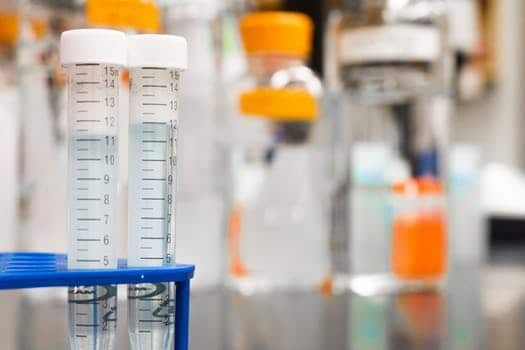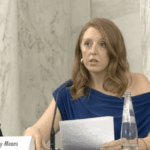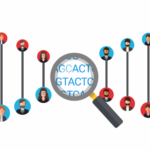“Biohackers” conduct an unregulated arms race
By Lucien Crowder | May 15, 2018

Keoni Gandall’s goals were modest. “I just wanted,” said the young man who wears a red polo shirt every day, “to clone DNA using my automated lab robot and feasibly make full genomes.” Fair enough, except that Gandall pursued this goal in his bedroom while loafing through high school and collecting rejection letters from colleges. Today, all of 18 years old, he is a research fellow at Stanford—gone straight, you might say.
But as reported by Emily Baumgaertner of The New York Times, Gandall is just one of many biohackers who, virtually free from regulation and oversight, are trying to re-engineer DNA to suit their own idiosyncratic purposes. “Someone is going to get hurt,” says Josiah Zayner, a “celebrity biohacker” who tried and failed through gene editing to make his muscles bigger. “People are trying to one-up each other, and it’s moving faster than any one of us could have ever imagined.”
Bulletin readers will already be familiar with the dangers surrounding gene-editing technologies—especially Crispr-Cas9, the revolutionary technique invented by Berkeley’s Jennifer Doudna and a French colleague. In 2016, Canadian researchers used Crispr to synthesize horsepox in a lab—breaking ground toward a better smallpox vaccine but incidentally demonstrating the feasibility of synthesizing smallpox itself. If such research were tightly regulated, and restricted to professional laboratories, maybe it wouldn’t be so scary. But with Crispr-Cas9 so cheap, accessible, and powerful, how long will it be until some teenager with 14 red polo shirts synthesizes smallpox in Mom’s proverbial basement?
Publication Name: The New York Times
To read what we're reading, click here
Together, we make the world safer.
The Bulletin elevates expert voices above the noise. But as an independent nonprofit organization, our operations depend on the support of readers like you. Help us continue to deliver quality journalism that holds leaders accountable. Your support of our work at any level is important. In return, we promise our coverage will be understandable, influential, vigilant, solution-oriented, and fair-minded. Together we can make a difference.
Topics: Biosecurity, What We’re Reading















